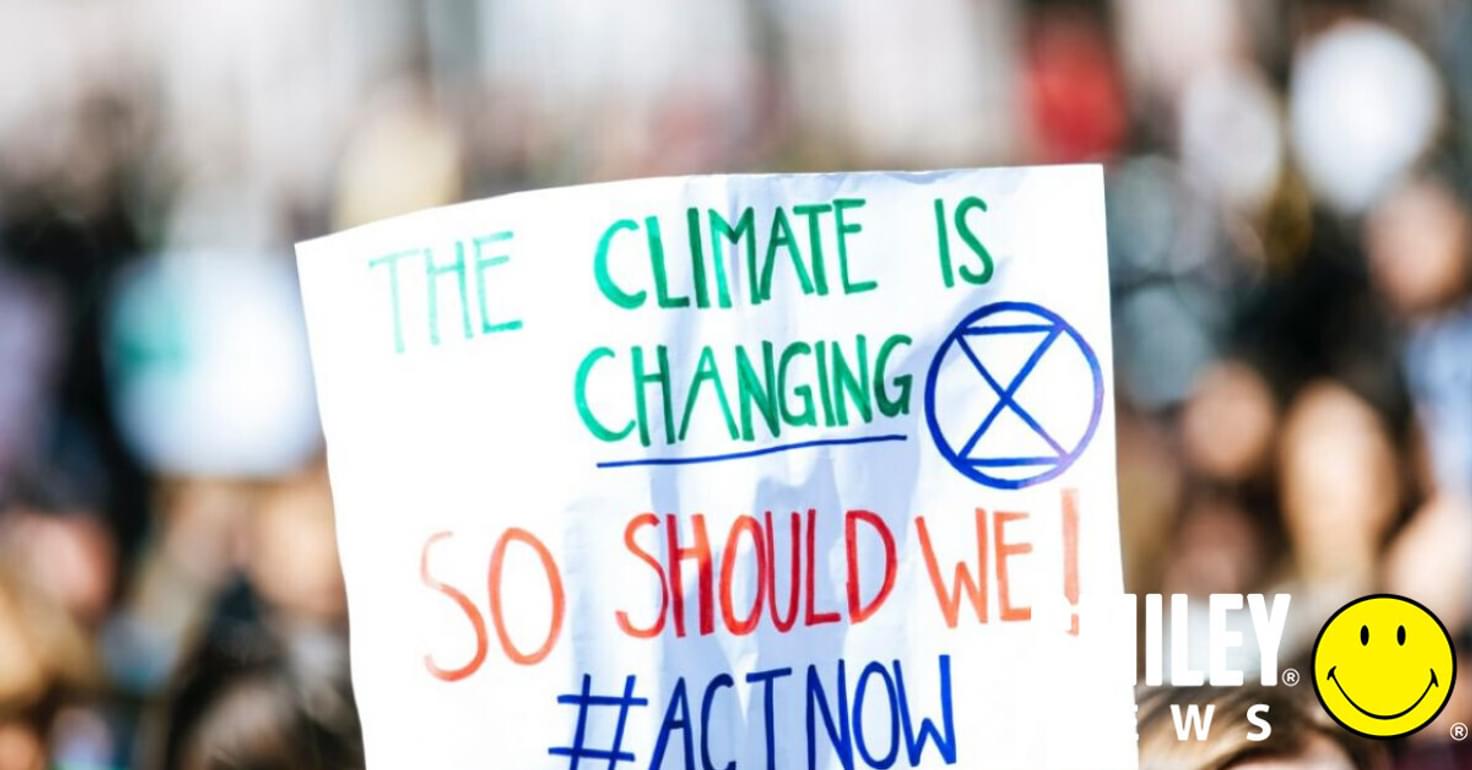
Words by Smiley Team
In a year when global protests over the climate crisis were staged from Afghanistan to Vietnam, Extinction Rebellion demonstrations stopped traffic in major cities and Greta Thunberg called for young people to skip school to fight political inaction, “climate strike” has been named Collins Dictionary’s 2019 word of the year.
Each year, the dictionary’s lexicographers monitor a 9.5bn word corpus and make a list of 10 new and notable terms. One of these is crowned the word of the year. Climate strike’s definition is “a form of protest in which people absent themselves from education or work in order to join demonstrations demanding action to counter climate change.”
The first use of the expression was registered in 2015, when a mass demonstration took place during the UN climate change conference in Paris. However, the phrase only took off in late 2018, when the young Swedish activist Thunberg’s decision to skip school on Fridays in order to protest in front of the national parliament made headlines around the world. In September 2019, an estimated six million people joined the worldwide climate strike, also known as the Global Week for Future.
Collins lexicographers noticed a hundredfold increase in the use of climate strike in 2019, the largest of any word on their list.
Helen Newstead, Collins’ language content consultant, said: “Climate strikes can often divide opinion, but they have been inescapable this last year and have even driven a former word of the year – Brexit – from the top of the news agenda, if only for a short time.”
The choice shows a trend of new environment-related terms, after 2018’s word of the year, “single-use”, which refers to plastic products made to be used once only.
There were other climate-related contenders this year, including “rewilding”, meaning “the practice of returning areas of land to a wild state”, and “hopepunk”, a noun that has been used to describe “a literary and artistic movement that celebrates the pursuit of positive aims in the face of adversity”.
Words selected over the last six years have been increasingly political. Where words such as “geek”, “photobomb” and “binge-watching” were once defining new vocabulary, more recent selections include “Brexit” and “fake news”. This year, Collins has launched a “Brexicon”: defining words relating to the Brexit process, including “Brexiteer”, “cakeism”, “flextension” and “prorogue”.
“The dictionary has no opinion on Brexit, other than to say it has been quite generous in its gifts to the English language, as well as inspiring the use of many old-fashioned expletives,” said Newstead.
“It seems an age since we had more light-hearted words of the year … the politically charged atmosphere of recent years is clearly driving our language, bringing new words to the fore and giving new meanings and nuance to older ones,” she added.
Original article by Johanne Elster Hanson - Source The Guardian
Photo by Markus Spiske on Unsplash
To find out more about Extinction Rebellion and ways to get involved, visit their website.